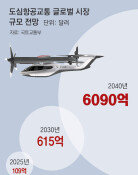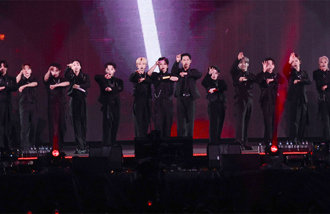Anti-business Textbooks Need Revision: KCCI
Anti-business Textbooks Need Revision: KCCI
Posted March. 31, 2008 17:04,
The Korea Chamber of Commerce and Industry (KCCI) said on Sunday that it has found 337 phrases or sentences that either give an inaccurate view of the economy or disparage the process of Koreas economic growth from 60 textbooks of economics, social studies, Korean history and contemporary history.
By school level, 266 of the controversial excerpts were found in high school textbooks, followed by middle school textbooks with 67 and elementary school textbooks with four.
By subject, contemporary history had the most number of biased expressions with 138, followed by social studies with 101, economics with 59 and Korean history with 39.
Broken down by type, 97 of them were antagonistic toward the market, business and globalization; 160 were inaccurate and unjustified; 22 provided inappropriate or bad examples; 21 included the authors personal views and opinions; and 37 had factual inaccuracies.
The KCCI pointed out that examples that arouse negative sentiment against corporations include, Having deep pockets, conglomerates get rid of weak competitors by dropping the prices of their products, even if it incurs a short-term loss and Some companies do not hesitate to carry out dangerous projects, such as gene-manipulation, in pursuit of commercial gains.
A considerable number of textbooks describe domestic companies as the main source of various economic and social problems, instead of making a fair evaluation of their roles and contributions, an official of the KCCI said.
Only a total of seven textbooks were found to provide explanations about entrepreneurship. Some textbooks even contained a sermon toward businessmen that they should not inflict harm on society by seeking excessive profit.
The KCCI said some of the sentences aroused anti-globalization sentiments by saying, People will likely end up being more passive as society increasingly becomes information-oriented and There is a possibility that the majority of people, including laborers, would end up being losers of competitions. Meanwhile, only three out of the 60 textbooks mentioned the free trade agreement, though it is one of the biggest issues of the Korean economy at the moment.
On North Korea-related contents, the KCCI pointed out that some of the expressions were ambiguous or described the communist country too favorably. The examples are, The hereditary power succession took place in communist countries for the first time and shows the uniqueness of North Korean society and Given that a rapid economic growth was achieved even when the country was divided.
Based on its analysis, the KCCI submitted a recommendation to the Ministry of Education, Science and Technology, requesting the problematic excerpts in primary and secondary textbooks to be revised.
The recommendation read, Many economics, social studies and history textbooks that students come across everyday describe market economy, business activities, globalization and informatization extremely negatively, rather than giving detailed explanations on the concepts of the economy and market principles. We must revise these textbooks to help teenagers, who will be responsible for the future economy, build a sound view on the economy and grow into leading economic figures in the era of globalization.
cha@donga.com







